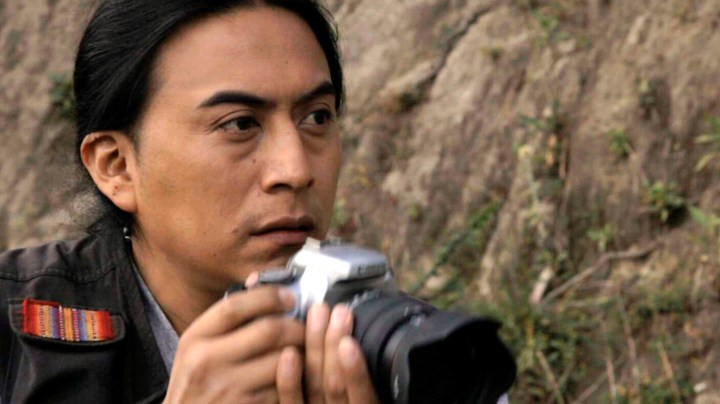‘Killa’ Is the First Ever Kichwa-Directed Feature Film From Ecuador

There’s a number of possibilities that come to mind when one hears of a film called Killa. Most often one would expect some sort of urban gangster opera: a tale of redemption with some moral lesson at the end, or perhaps just an amoral orgy of gun violence. For those Kichwa speakers among us, however, the title might evoke images of that magic hour of diffuse light just before the moon rises. And this time around, they would be right.

Killa (Before the Moon Rises) is slated to be the first fully Kichwa-language production ever to come out of the ethnic group’s ancestral lands in the Ecuadorian Andes. And not only is the film’s language Kichwa, but the entire production, along with key creative roles, has been carried out by a collective of self-identified Kichwa working out of the highland town of Otovalo (famous for its market and baller full-brimmed hats).
Directed by prolific local filmmaker Alberto Muenala, with the support of his Runacinema collective, Killa tells the story of a Kichwa photojournalist who becomes a target of corrupt government officials when they find him snapping photos of a shady mining operation. Adding more intrigue to the mix is a love story subplot involving that same corrupt official’s daughter, and the community’s increasingly tense resistance to the mine. Echoes of Roman Polanski’s Chinatown abound, but Killa is deeply rooted in the Kichwa’s historical marginalization, and it is just a taste of their ongoing struggles with racist governments and rapacious international conglomerates.

Runacinema seeks to provide a model of successful community media for marginalized peoples across the globe, a way to continue telling their own stories, in their own languages. Runacinema recently carried out a successful Kickstarter campaign to fund Killa‘s post-production, and thanks to the collaboration of folks like you and me, we can hope to see the completed film on screens before too long.